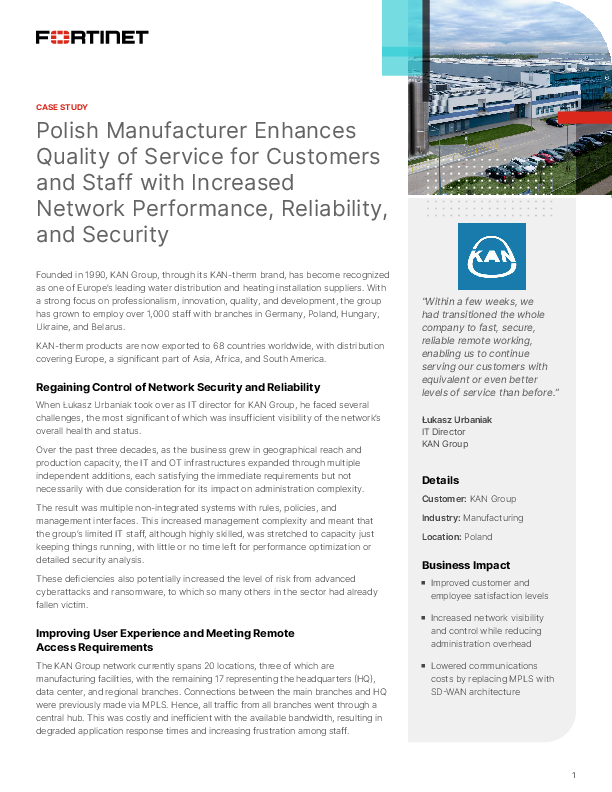

Klien: SUSE Software Solutions Spain SL
Format: Blog
Saiz: 508 KB
Bahasa: Bahasa Inggeris
Tarikh: 21.02.2025
Break free from vendor lock-in and reclaim your IT roadmap
Modern enterprise technology runs on open source, with Linux at its core, powering operations and driving innovation. Enterprises rely on Linux as well as the broader open-source ecosystem—a collaborative force that has fueled progress for decades.
Enterprise Linux forms the foundation for today’s most ambitious technology strategies, from hybrid and multi-cloud architectures to containers and microservices. Balancing flexibility, security, and efficiency in Linux environments is no easy task—and some Linux providers seem determined to make it even more difficult.
Increasingly, Linux providers are closing off their ecosystems, tying users to restrictive agreements, and moving away from the very principles that made open source essential. This shift threatens more than convenience—it undermines the values that have defined open source from the start: openness, collaboration, and shared success.
Open source has always been about more than code. It’s about collaboration, community,y and building something bigger than any one company. When that spirit gets sidelined, everyone loses—businesses, developers, and the people who rely on this technology every day.
Open source thrives when it’s open, and organizations that rely on open source have a responsibility to support its future. By protecting its core principles and ensuring its health, we can keep open source thriving as a foundation for innovation, growth,h, and shared success.
Enterprise Linux forms the foundation for today’s most ambitious technology strategies, from hybrid and multi-cloud architectures to containers and microservices. Balancing flexibility, security, and efficiency in Linux environments is no easy task—and some Linux providers seem determined to make it even more difficult.
Increasingly, Linux providers are closing off their ecosystems, tying users to restrictive agreements, and moving away from the very principles that made open source essential. This shift threatens more than convenience—it undermines the values that have defined open source from the start: openness, collaboration, and shared success.
Open source has always been about more than code. It’s about collaboration, community,y and building something bigger than any one company. When that spirit gets sidelined, everyone loses—businesses, developers, and the people who rely on this technology every day.
Open source thrives when it’s open, and organizations that rely on open source have a responsibility to support its future. By protecting its core principles and ensuring its health, we can keep open source thriving as a foundation for innovation, growth,h, and shared success.




